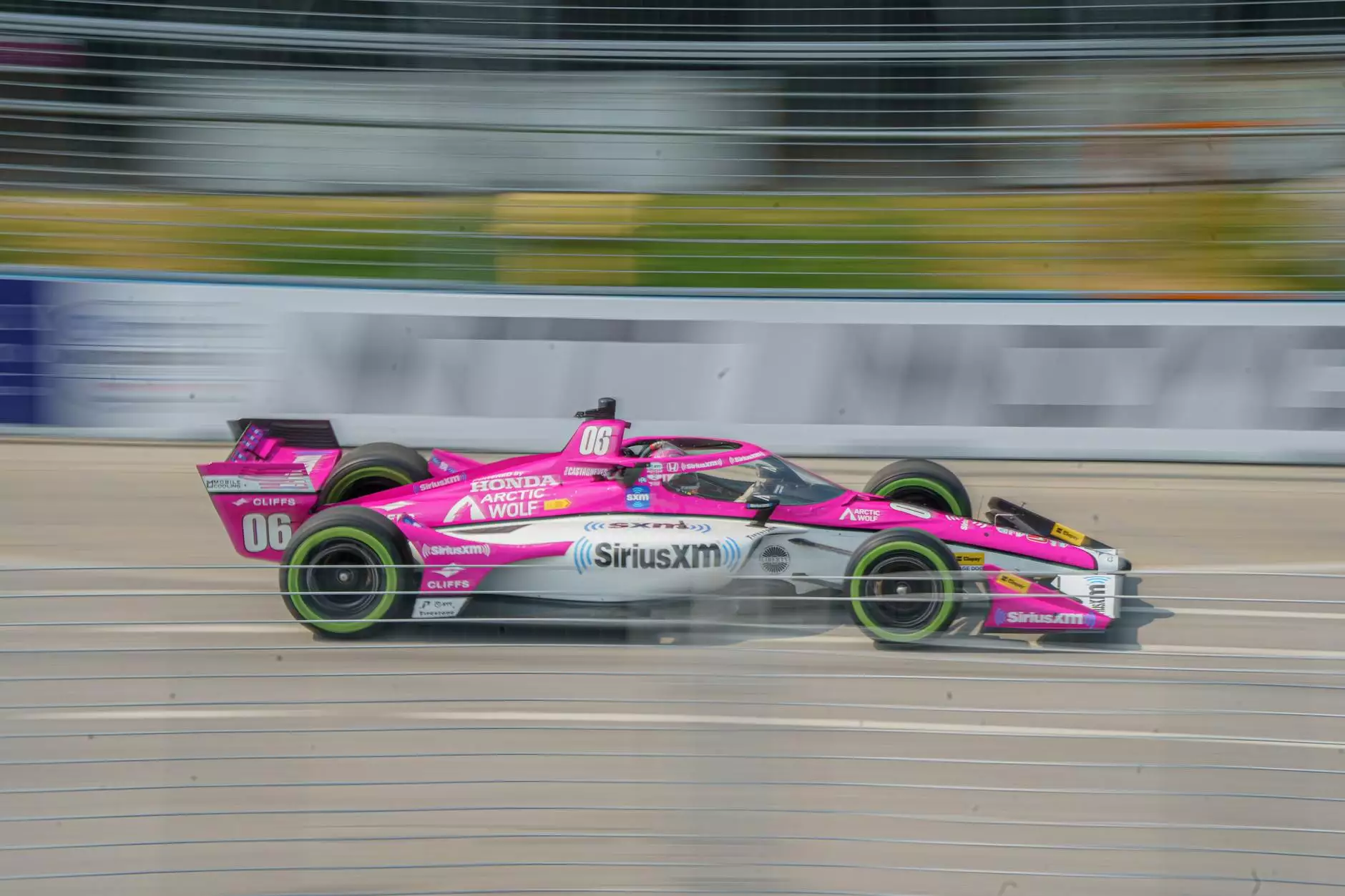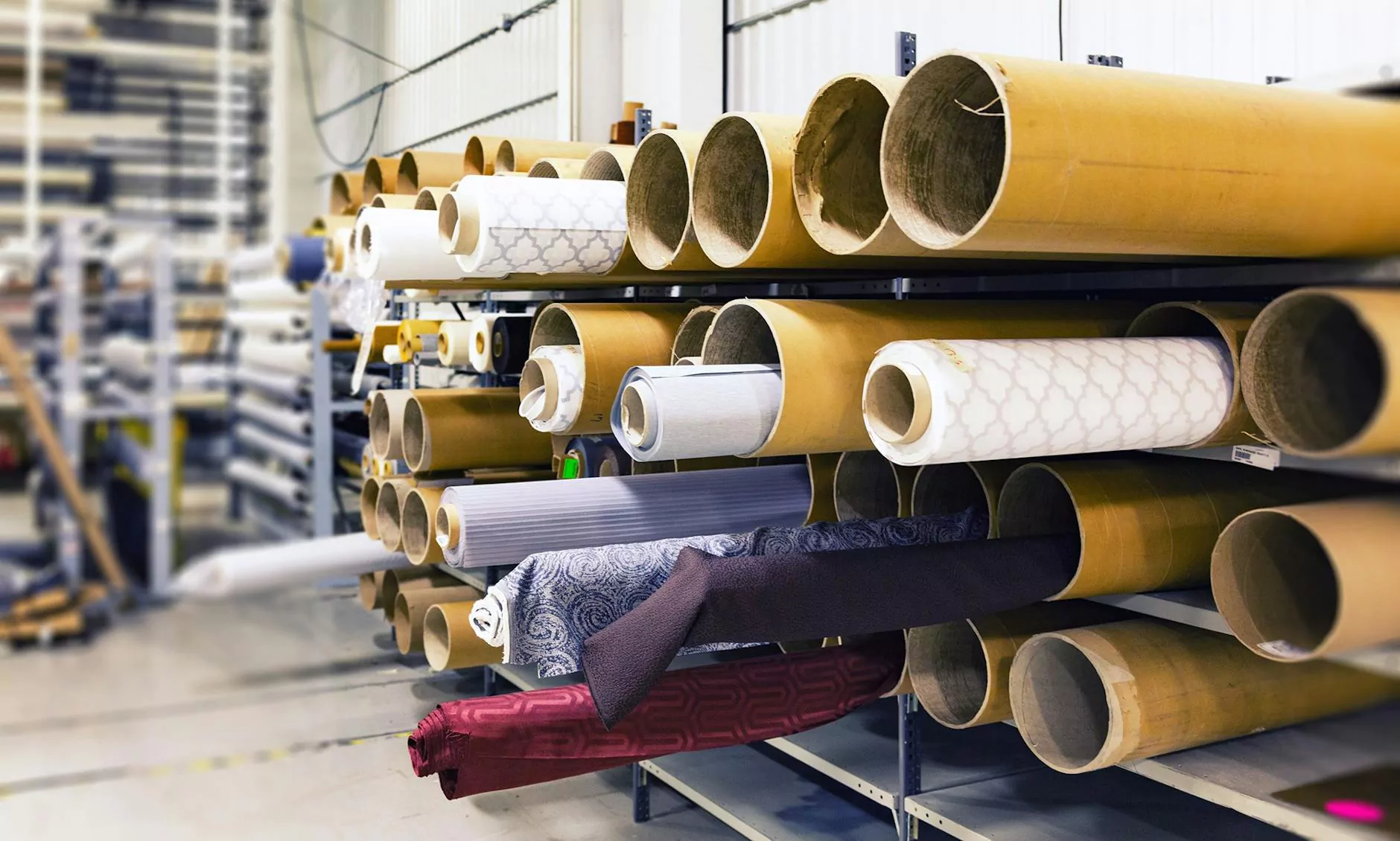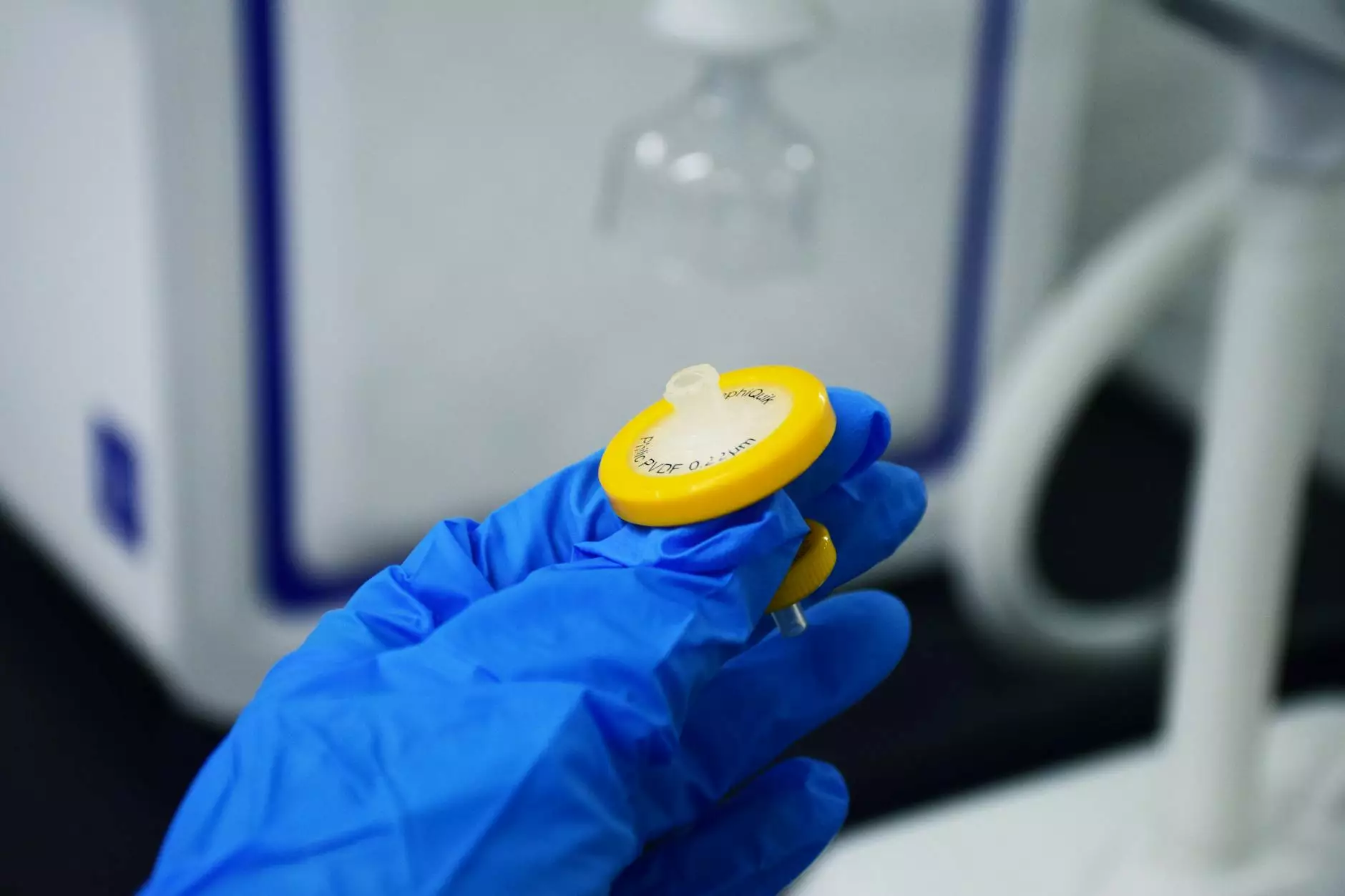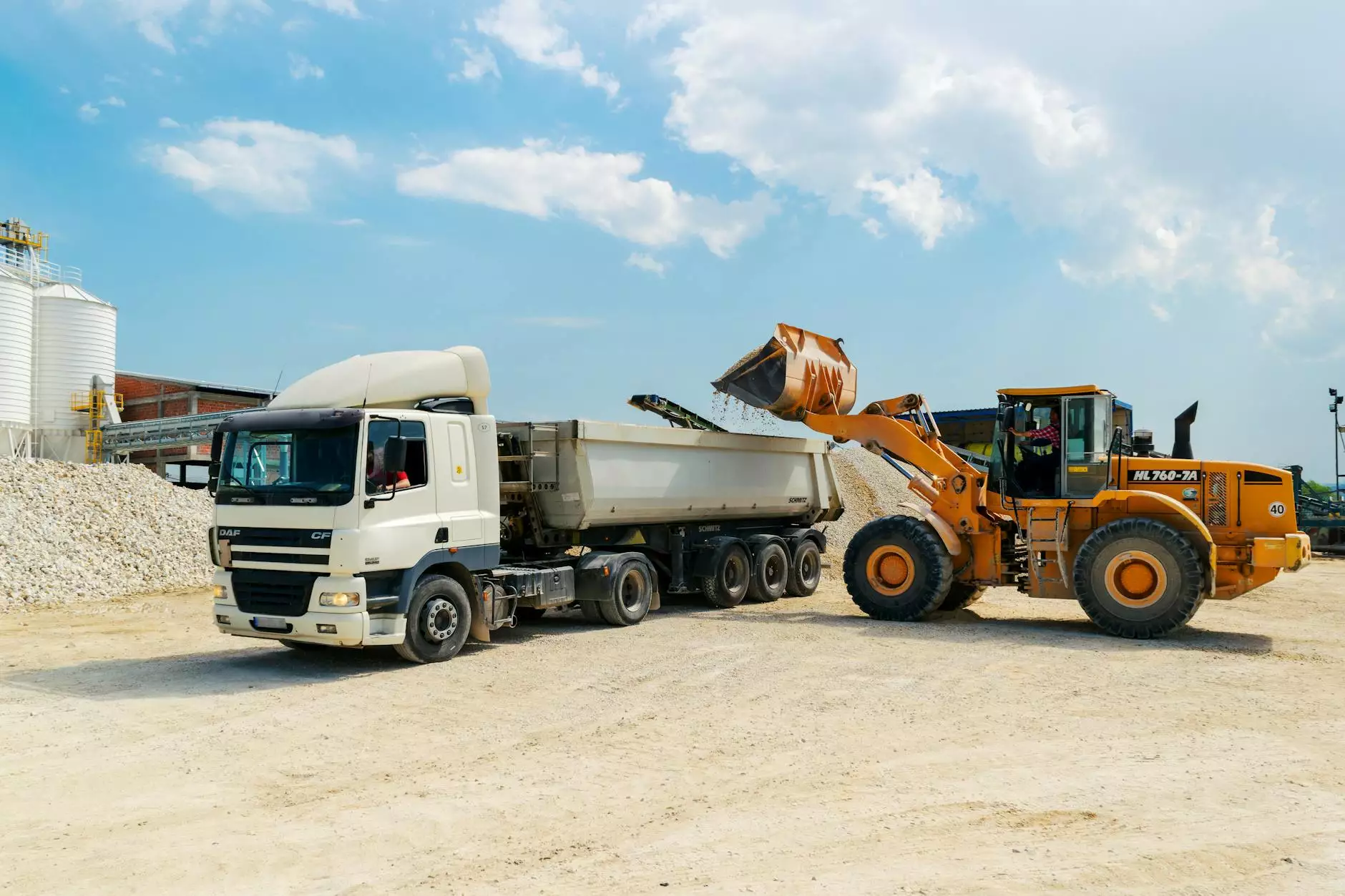Understanding Torque Converter Costs: A Comprehensive Guide

When it comes to maintaining your vehicle’s performance, torque converters play a crucial role, especially in automatic transmissions. However, a common area of confusion for vehicle owners is the cost of torque converters. In this detailed guide, we will dive into everything you need to know about torque converter costs, from what they are to the factors that influence their pricing.
What Is a Torque Converter?
A torque converter is an essential component in automatic transmissions. It serves as a hydraulic coupling that transfers power from the engine to the transmission. By allowing the engine to run independently of the transmission, the torque converter helps facilitate smooth gear shifts and enhances vehicle performance.
Components of a Torque Converter
Understanding the structure of a torque converter can help you appreciate why costs vary. A typical torque converter consists of the following components:
- Turbine: The turbine receives the fluid from the impeller and converts the energy into torque.
- Impeller: The impeller, driven by the engine, pushes the transmission fluid toward the turbine.
- Stator: The stator redirects the fluid returning from the turbine to optimize efficiency.
- Transmission Fluid: This fluid is vital in transmitting power between the components.
Factors Affecting Torque Converter Costs
Many factors can influence the cost of torque converters, making it essential for vehicle owners to understand these variables when budgeting for a repair or replacement.
1. Vehicle Make and Model
The cost of a torque converter can vary significantly based on the vehicle’s make and model. Luxury or specialized vehicles often have higher torque converter prices due to their unique engineering and manufacturing processes.
2. Brand and Quality
OEM vs. Aftermarket: Original Equipment Manufacturer (OEM) torque converters are usually more expensive than aftermarket alternatives. However, OEM components may offer better quality and reliability.
3. Repair vs. Replacement
If your torque converter is malfunctioning, you must decide whether to repair or replace it. Repairs can be less costly but might not provide long-term reliability, while replacement comes with a higher upfront cost.
4. Labor Costs
The labor involved in installation can also affect total costs. Mechanic fees vary by region and shop, so it’s advisable to get multiple quotes.
5. Additional Parts
Usually, replacing a torque converter may require new seals, gaskets, or other components. These additional parts can contribute to the overall expense.
The Average Torque Converter Cost
The price range for a torque converter typically falls between $150 to $800, depending on the factors outlined above. Labor costs can add another $100 to $300, making the total expenditure for replacement range between $250 to $1,100.
Signs You May Need a New Torque Converter
Being aware of the signs that indicate a malfunctioning torque converter can save you from more expensive repairs down the road.
- Slipping Gears: If you notice your gears slipping, it could mean issues with the torque converter.
- Overheating: An overheating transmission may signal that the torque converter isn’t effectively transferring power.
- Unusual Noises: Grinding or odd noises coming from the transmission can indicate torque converter failure.
- Torque Converter Shudder: A noticeable shudder when the vehicle shifts gears is another sign of a failing torque converter.
How to Choose the Right Torque Converter
Selecting the proper torque converter for your vehicle can significantly influence its performance. Here are some tips:
1. Understand Your Vehicle's Needs
Determine whether you mainly drive in urban areas with frequent stops or if you require better performance for highway driving.
2. Know Your Engine Power
The torque converter you choose should match your engine's horsepower and torque output. A mismatch can compromise performance.
3. Consider Brand Reputation
Research reputable brands that offer high-quality torque converters. Reading customer reviews can provide insight into reliability and performance.
4. Consult a Professional
If you are unsure, consult a trusted mechanic who can recommend the best torque converter based on your specific vehicle needs.
Cost-Effective Tips for Torque Converter Maintenance
Regular maintenance can extend the lifespan of your torque converter and save you from costly replacements.
- Regular Fluid Changes: Keeping your transmission fluid clean and at the proper level helps maintain the torque converter's efficiency.
- Monitor Performance: Pay attention to any changes in your vehicle’s performance; early detection of issues can lead to easier fixes.
- Immediate Repairs: If you suspect a problem, address it immediately rather than waiting for it to escalate.
Conclusion
Understanding the factors influencing torque converter costs empowers vehicle owners to make informed decisions regarding repairs and replacements. By knowing the average costs, signs of failure, and maintaining your converter, you can ensure optimal performance for your vehicle. If you're in the market for a new torque converter or parts specific to your vehicle, Shenghai Auto Parts is an excellent resource for sourcing quality automotive parts and supplies at competitive prices.
Investing in a quality torque converter can significantly affect your vehicle's overall performance and drivability. Therefore, understanding these costs and choosing wisely will keep you on the road with confidence.









